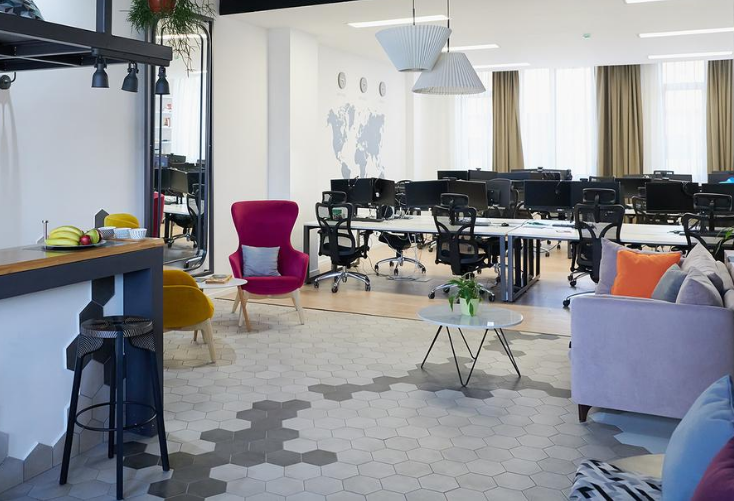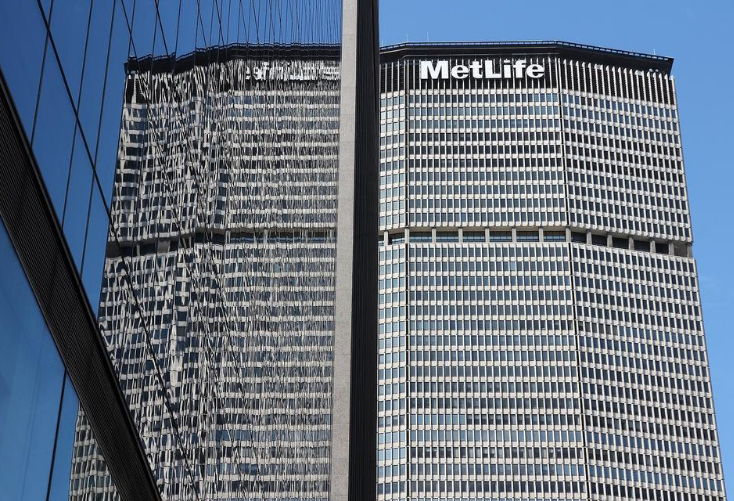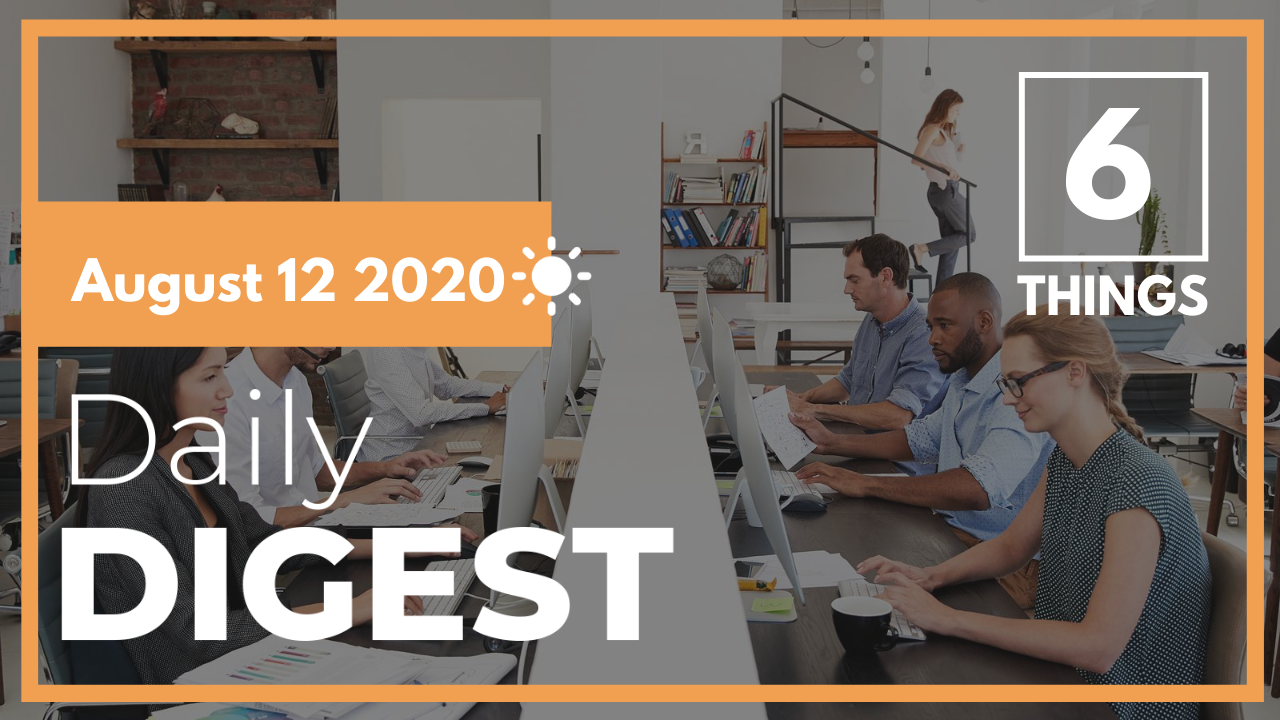Hand selected flexible workspace news from the most reliable sources to keep you ahead of the pack. We find all the latest news, so you don’t have to. Morning and afternoon updates. Stay in the know.
Here’s what you need to know today:
- Offices Are Essential To A Truly Innovative Environment NEW
- BP Explores Reduced Office Space NEW
- What Employees Expect From A Post-pandemic Workspace NEW
- Flexible Workspace Firms Concerned About The Short-term
- CBRE Expands New York City Location
- JLL Predicts Coworking Firms Abandoning Office Space
Offices Are Essential To A Truly Innovative Environment
Analysts and experts alike have proclaimed that the office is dead and remote working will be the inevitable future for most companies. Still, many workers are quite eager to return to the office and companies should accommodate those needs.
In a services-driven economy, organizations should be concerned about losing “intangible capital” which refers to knowledge and skills that cannot be passed to colleagues in a remote work environment.
Demand for flexible workspaces has started increasing in recent months as well, with many companies seeking offices outside of major cities and workers looking to avoid long commutes. However, this shift is not synonymous with the “death of the office.”
Still, there is a real reason why many companies flock to certain areas of the country, such as technology firms and Silicon Valley. Companies want to be surrounded by like-minded competitors and open the door to collaboration.
“I find an economically important effect of cluster size on an inventor’s productivity,” said Enrico Moretti, author of Berkley’s research titled Effect of High-Tech Clusters on the Productivity of Top Inventors. “An inventor moving…. a small cluster to a large cluster enjoys an increase in annual productivity, as measured by the number of patents produced in a year or number of citations.”
Overall, if a company wants to maintain a work environment that nurtures creativity, innovation and productivity, having an office dedicated to trading ideas is essential.

BP Explores Reduced Office Space
Oil giant BP has revealed it is reevaluating its office footprint, looking into nearly halving its portfolio in certain locations and allowing around 50,000 employees to work remotely or flexibly.
This move has been echoed by several other major corporations who are planning to sell off or halt their leases for unnecessary office space. Although the details of the company’s reduction in office space are unclear, the firm will reveal its plans over the next few months.
Currently, BP has 70,000 employees across 79 countries and may decrease its workforce by 15% by the end of 2020, which represents many office-based employees.
The plan to decrease office space and accommodate more remote and flexible working arrangements is part of BP’s plans to modernize and reorganize the company under new CEO Bernard Looney.
“There’s no question that work patterns are changing and BP will be no exception to that,” said Looney. “We expect to move to a more hybrid work style which will be a mixture of home and office [working].”
A spokesman for the company added that while BP has plans to reconfigure its global workspaces, no final decisions have been made.
“We will still need offices and, for example, we have recently signed a lease for new office space in Canary Wharf,” the spokesman said. “As and when there are announcements to be made we will let our people know and make announcements as appropriate.”

What Employees Expect From A Post-pandemic Workspace
Companies have started planning out strategies to bring workers back into the office space. With millions of employees working from home for the majority of the year now, how can organizations ensure that their workspace is safe?
According to a study from workplace design consultancy firm Space Matrix and design company Interior Architects, the best method is to focus on flexibility and hygiene when creating a post-pandemic workspace.
The report called ‘A Changed World: What Happens When We Return to the Office Survey’ found that 63% and 60% in the US and Asia, respectively, believed it was essential to start with a phased re-entry system in order to ease workers into this new normal.
“What must employers do to ensure safe environments whilst building resilient workplace cultures, social capital and continued innovation? How do employers leverage their organisational strengths to engage employees and guide the change — whatever new workplace strategies take form,” said Su-San Tan, Director at Workplace Strategy & Insights. “The emphasis will be on where and how work is done and how technology will augment creation and innovation, emerging as a key enabler in the future workplace scenario.”
Additionally, the survey found that respondents missed the face-to-face interactions the most. Overall, despite cultural differences, the responses to the current state of working were very similar among most respondents.

Flexible Workspace Firms Concerned About The Short-term
Workthere’s third Global Flexible Office Sentiment Survey revealed that flexible office providers are concerned about short-term losses. The decline in optimism seems to be caused by an increase in members seeking rent relief, as well as those not renewing contracts.
“With the novel coronavirus outbreak embattling many US cities, it is not surprising that the results of our July sentiment survey show decreased optimism over the short-term to 30% in North America, compared to 59% in May,” said Ted Skirbunt, National Director at Workthere Americas. “However, 61% of providers are optimistic about the flexible office sector over the long-term.”
In the long-term, the data found that 80% of respondents were optimistic about the flexible market as a whole over the next year.
Before the pandemic, flexible office space occupancy sat at 80%, but the data revealed that in North America, it is anticipated to be at 49% by the end of August.
On a brighter note, monthly inquiries for flexible space have increased to 37% of normal levels in North America. According to Jessica Alderson, global research analyst at Workthere, the view of the flexible office market as a whole has improved as people slowly return to the workplace.

CBRE Expands New York City Location
CBRE will expand its MetLife Building location by adding almost 45,000 square feet on the 18th floor. This expansion will bring the company’s footprint in the space to over 215,000 square feet.
The new lease will last six years and allow the company to consolidate its advisory services to a single location.
Additionally, it is leaving its 140 Broadway location to take up space at its coworking brand’s 3 World Trade Center location. However, it is not clear how much space CBRE will take up at the Hana location
“The Hana space will give our people a first-class office to work from when they are Downtown for meetings and client engagement, delivering an environment, services, amenities and location that will be hard to match,” said Matt Van Buren, CBRE Northeast Division Advisory Services President.Overall, the office leasing market in New York City has looked grim over the past few months, but there have been glimmers of hope with major companies like Facebook taking up space.

JLL Predicts Coworking Firms Abandoning Office Space
According to JLL, one in five coworking locations could soon close or be acquired in the coming years.
While current closures have only impacted 1.5% of coworking spaces in the top 20 US markets, JLL predicts that there will be a slow closure of nearly 25 million square feet of space.
The abandonment of leases has already started to make headway. For instance, WeWork walked away from plans to move into 149 Madison Avenue, causing landlord Columbia Property Trust to get a $6.4 million payout.
Additionally, Knotel is facing multiple lawsuits from landlords who claim the firm owes over $1.6 million in unpaid rent.
Still, some analysts remain optimistic about the future of the shared workspace industry as companies opt for flexible leases in a post-pandemic society.
“Everybody’s pretty bullish on the concept of shared workspace when we come out of this,” said Shlomo Silber, Bond Collective CEO. “But getting out of this is the struggle.
















